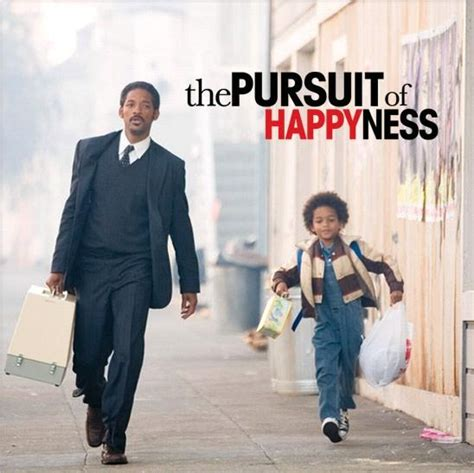The PURSUIT of HAPPINESS/Freedom



This term seems to be so vague that it could mean almost anything!
To find out what it might have meant to those who originally adopted the phrase, I did some research. Thomas Jefferson, recognized as the principle author of the Declaration of Independence, apparently borrowed the term from John Locke (1632-1704), a major English philosopher. Someone summarized Locke's idea (and lofty language) with this statement:
"The pursuit of happiness is the foundation of individual liberty, since it gives us the ability to make decisions that are in our long-term best interest. The best bet would be to live a life of virtue so one can win everlasting happiness."
Jefferson apparently thought that reason, knowledge and education were essential to making "decisions that are in our long-term interest."
Are you wondering . . .
- How does this relate to government? According to our Declaration of Independence, one of the essential roles of government is to protect this basic right, given by God, not by government.
- How can Government do this best? Since government relies on force to enact its laws and regulations, does it logically follow that the fewer laws and regulations we have, the more freedom we the people have to pursue our goals of happiness?
- What happens to social justice? How do we define social justice? If it means the government forcing one group of people to pay for another group’s pursuit of happiness, our founding fathers and freedom-lovers everywhere would oppose such action. Isn't the government's role to create a level playing field so that everyone has an equal opportunity to pursue their happiness—without offering special benefits to special interest groups? Equal opportunity is not the same as equal outcome, which is another word for utopia, an unrealistic expectation that we can and should all be the same in income level, ability, values, etc.
- But if the government doesn’t force a solution, then how will others get the help they need? Alexis de Tocqueville, after touring and observing America around 1830, compiled his piercing insights about American culture in what became a highly popular and influential book, Democracy in America. He included thoughts about the "spirit of association" in our country, the desire for so many Americans to get together voluntarily as private citizens to solve problems or meet needs. Political associations were only a very small part of the innumerably more civil associations he observed. He said:
- "government could take the place of some of the greatest American associations, and within the Union several particular states already have attempted it. But what political power would ever be in a state to suffice for the innumerable multitude of small undertakings that American citizens execute every day with the aid of an association?"
- This would imply that local response is better than a huge, over-arching, costly, impersonal government approach that can realistically offer only a "one-size-fits-all" solution but is bogged down in an infinite number of qualifying and stifling regulations.
- Oregonians are intelligent, capable, and caring. If given the opportunity, free from helicopter-like government interference and competition, its many churches, not-for-profit, non-governmental, and philanthropic organizations can solve a lot of our social justice concerns. A wise government can make it easier for these volunteer "associations" to care for others.
"The health of a democratic society may be measured by the quality
of functions performed by private citizens" (Alexis de Tocqueville).
What do YOU think? Please fill out the Voter Feedback Survey.
 Top
Top